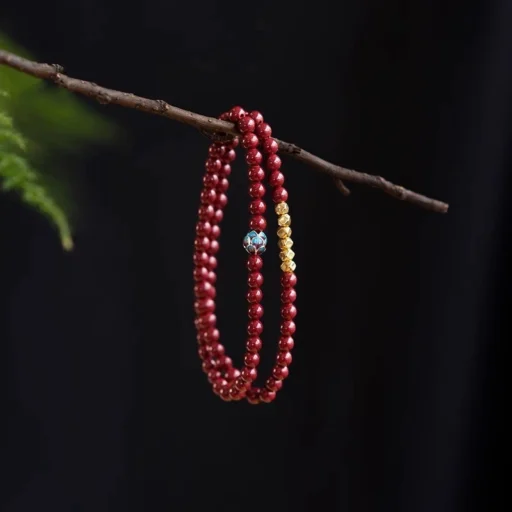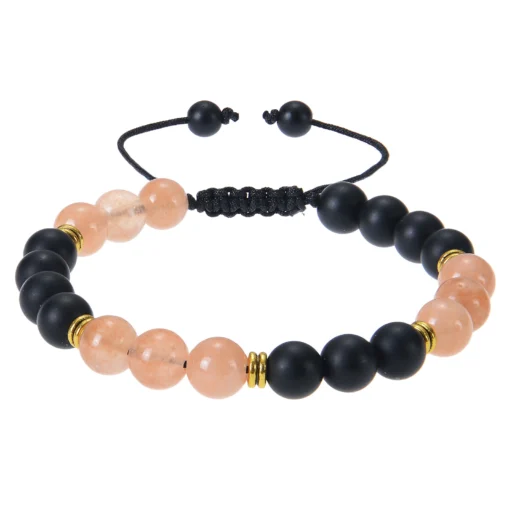Le Feng Shui, une ancienne pratique chinoise qui consiste à aménager un environnement de manière à favoriser l'harmonie et l'équilibre, met l'accent sur l'importance du placement des trésors et des symboles. Bien que le Feng Shui puisse améliorer le flux d'énergie positive (Chi) et créer une atmosphère sereine, il existe des tabous et des considérations spécifiques à garder à l'esprit. Cet article explore ces directives importantes pour vous aider à utiliser efficacement les trésors du Feng Shui dans votre maison ou votre espace de travail.
1. Évitez l'encombrement
L'un des tabous les plus importants du Feng Shui est le désordre. Le désordre obstrue la circulation du Chi et peut créer une énergie stagnante, entraînant stress et confusion. Lorsque vous placez des trésors Feng Shui :
- Gardez les espaces organisés: Assurez-vous que les zones où vous exposez vos trésors sont bien rangées et exemptes d’objets inutiles.
- Désencombrer régulièrement:Évaluez régulièrement votre espace et retirez les objets qui ne servent plus à rien. Cette pratique renforcera l'efficacité de vos trésors Feng Shui.
2. Attention à la direction
L'emplacement des trésors Feng Shui est souvent influencé par les directions associées aux cinq éléments (bois, feu, terre, métal et eau). Chaque zone de votre maison correspond à des aspects spécifiques de la vie, notamment la richesse, la santé et les relations.
- Apprenez à connaître votre carte Bagua: Familiarisez-vous avec la carte Feng Shui Bagua, qui divise votre espace en neuf zones, chacune représentant différents aspects de la vie. Placez des trésors dans les zones correspondantes pour renforcer leurs effets.
- Tenez compte des directions de la boussole:Soyez attentif aux directions de la boussole associées à chaque trésor. Par exemple, placer des points d'eau au nord peut attirer des opportunités de carrière.
3. Respecter le symbolisme
Les trésors du Feng Shui ont souvent des significations et un symbolisme spécifiques. Le fait de les égarer ou de les utiliser de manière inappropriée peut entraîner des conséquences imprévues.
- Utilisation appropriée des symboles:Comprenez la signification de chaque trésor. Par exemple, évitez de placer un bol de richesse dans les toilettes, car il symbolise une perte d'abondance.
- Sensibilité culturelle: Soyez attentif aux significations culturelles associées à certains symboles. Par exemple, la couleur rouge est considérée comme porteuse de bon augure dans la culture chinoise, alors que dans d'autres cultures, elle peut avoir des connotations différentes.
4. Évitez les objets tranchants
En Feng Shui, on considère que les objets tranchants créent de l'énergie négative. Cela inclut les objets à bords ou à pointes tranchants, comme les couteaux ou certaines pièces décoratives.
- Choisissez des bords doux: Optez pour des trésors aux bords arrondis qui favorisent une douce circulation d'énergie. Choisissez par exemple un vase aux formes douces ou un cristal arrondi.
- Considération de placement: Assurez-vous que des objets tranchants ne sont pas placés dans les zones où vous souhaitez favoriser l’énergie positive, comme le salon ou la chambre.
5. Soyez attentif aux miroirs
Les miroirs peuvent être des outils puissants en Feng Shui, reflétant l'énergie et la lumière. Cependant, leur placement doit être soigneusement étudié.
- Évitez de faire face au lit: Placer un miroir directement face au lit peut perturber le sommeil et créer de l'agitation. Au lieu de cela, placez les miroirs là où ils peuvent améliorer la lumière et l'espace sans refléter l'énergie négative.
- Refléter l'énergie positive:Utilisez des miroirs pour refléter de belles vues ou des trésors, amplifiant ainsi leur énergie positive dans l'espace.
6. Connexion personnelle
Les trésors du Feng Shui sont plus efficaces lorsqu’ils résonnent personnellement avec vous.
- Choisissez des objets significatifs: Choisissez des trésors qui ont une signification dans votre vie, que ce soit par le biais de souvenirs, d'expériences ou d'aspirations. Cette connexion personnelle renforce leur énergie.
- Définir des intentions:Lorsque vous placez des trésors, définissez clairement vos intentions quant à leur utilisation. Cette pratique aligne votre énergie avec celle des trésors, amplifiant ainsi leur efficacité.
7. Entretien régulier
Pour conserver les effets positifs de vos trésors Feng Shui, un entretien régulier est indispensable.
- Nettoyez vos trésors: Nettoyez régulièrement vos trésors pour éliminer l'énergie stagnante. Cela peut être fait en les rinçant sous l'eau courante, en les plaçant au soleil ou en utilisant le son.
- Réévaluer le placement: Réévaluez régulièrement l'emplacement de vos trésors. Au fur et à mesure que votre vie change, l'énergie dans votre espace peut également changer, ce qui nécessite des ajustements pour maintenir l'harmonie.
Conclusion
Comprendre les tabous et les considérations lors du placement des trésors Feng Shui est essentiel pour créer un environnement harmonieux et équilibré. En évitant l'encombrement, en respectant le symbolisme et en maintenant un lien personnel avec vos trésors, vous pouvez améliorer le flux d'énergie positive dans votre maison ou votre espace de travail. Adoptez ces directives et laissez le pouvoir du Feng



